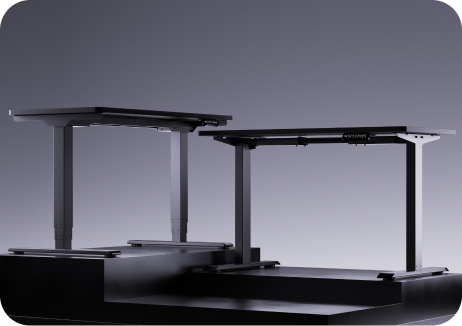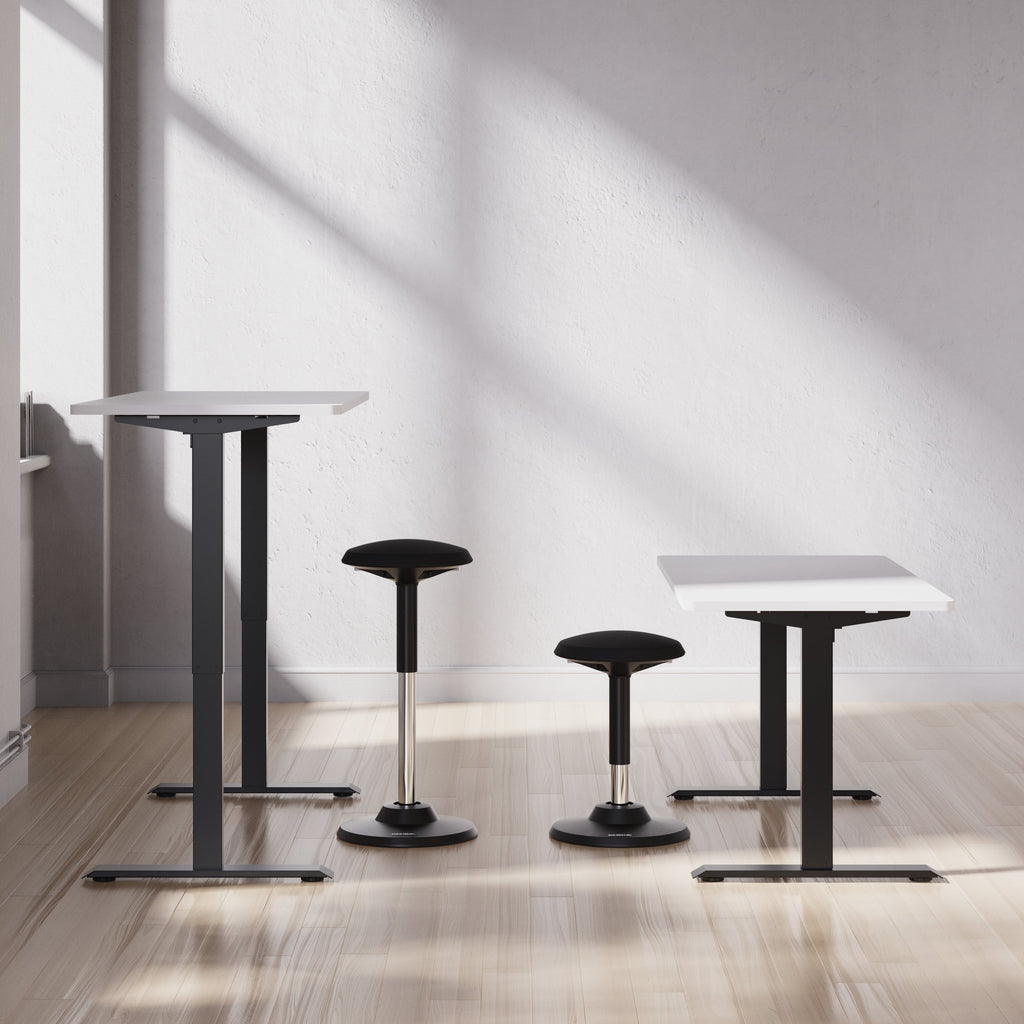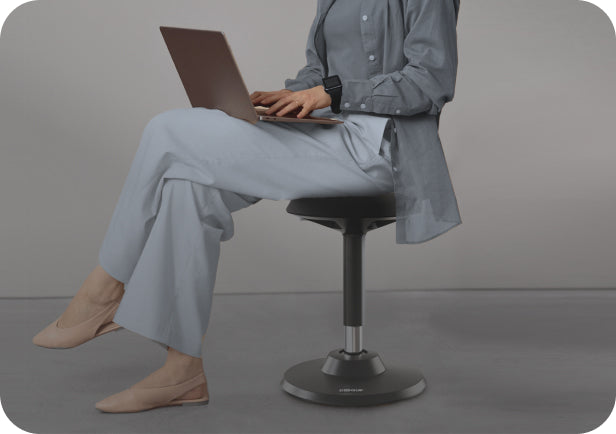pinched nerve? What to do? 6 easy ways to get relief

A pinched nerve occurs when there is too much pressure on a nerve from surrounding tissue, such as bone, cartilage, muscle, or tendon. This pressure disrupts the function of the nerve, causing pain, tingling, numbness, or weakness.
In this article, you will learn how to relieve the symptoms of a pinched nerve and how to prevent them in the future.
6 easy ways to get relief
1. Rest and get more sleep
Sleep is essential for a nerve to heal. The body repairs itself while you sleep, and giving it more time can help symptoms resolve more quickly.
In many cases, resting the affected area and getting more sleep is enough to allow the pinched nerve to heal on its own.
When treating a pinched nerve, it is also important not to overload the nerve. Nerve damage can be made worse by overuse. A person with a pinched nerve should avoid any movement that irritates the nerve. You should also try to sleep in a position that relieves pressure on the nerve.
2. Ergonomic workplace
People struggling with pinched nerves could try changing their jobs.
A standing workstation can help keep the spine mobile and flexible, which can reduce back pain. You can find more information about this here.
Elevating the computer screen to eye level can reduce neck pain and text neck symptoms.
Using an ergonomic mouse and keyboard can help reduce pressure in the hands and wrists.
The best way to find the right position is to experiment with the settings to see which position relieves the pressure.
3. Ice and heat packs
Heating pads, red lights, or hot spots can relax tight muscles and soothe pinched nerves. Alternating between heat and ice packs can help reduce swelling and inflammation in many cases. The combination of heat and cold increases blood flow to the affected area, which can help reduce pain.
Hold an ice pack on the affected area for 15 minutes three times a day to reduce inflammation. Heat packs can be applied three times a day for a longer period of time, up to 1 hour.
4. Avoid gentle exercise & strain
Jerky movements are toxic and can be very painful. For example, when trying to grab a fallen vase, rapid movements can severely irritate the inflamed elbow nerves.
Also avoid the body areas affected by pinched nerves. If the inflammation affects the back or shoulders, carrying heavy objects such as water tanks should be avoided at all costs.
5. Massage or physical therapy
The professional massage also helps to loosen the hardening of the muscles through targeted kneading. Nerve irritation is reduced and inflammation can be reduced.
Physical therapy using a combination of exercise, massage, and gentle stretches can help relieve symptoms.
6. Wearing a splint
When possible, wearing a splint on the affected area can help prevent further damage and help the nerve heal. This is a standard treatment for pinched nerves in the hands and wrists.
Many people also sleep with the splint to avoid nighttime irritation and to sleep better. The splint helps take pressure off the nerve.






















